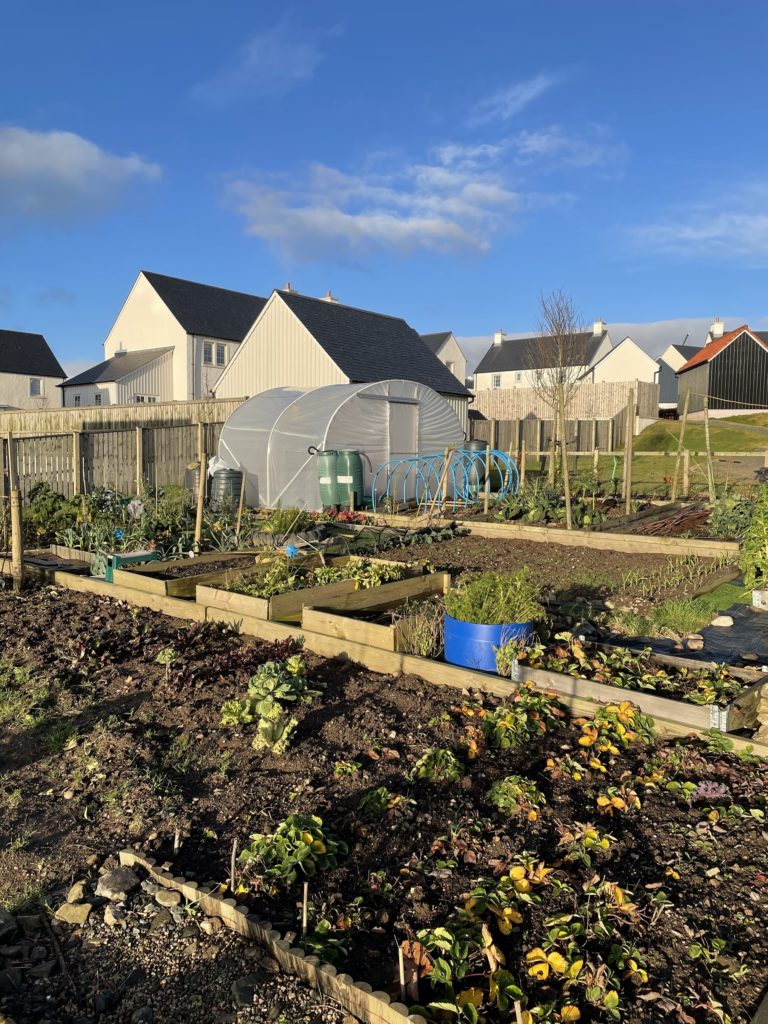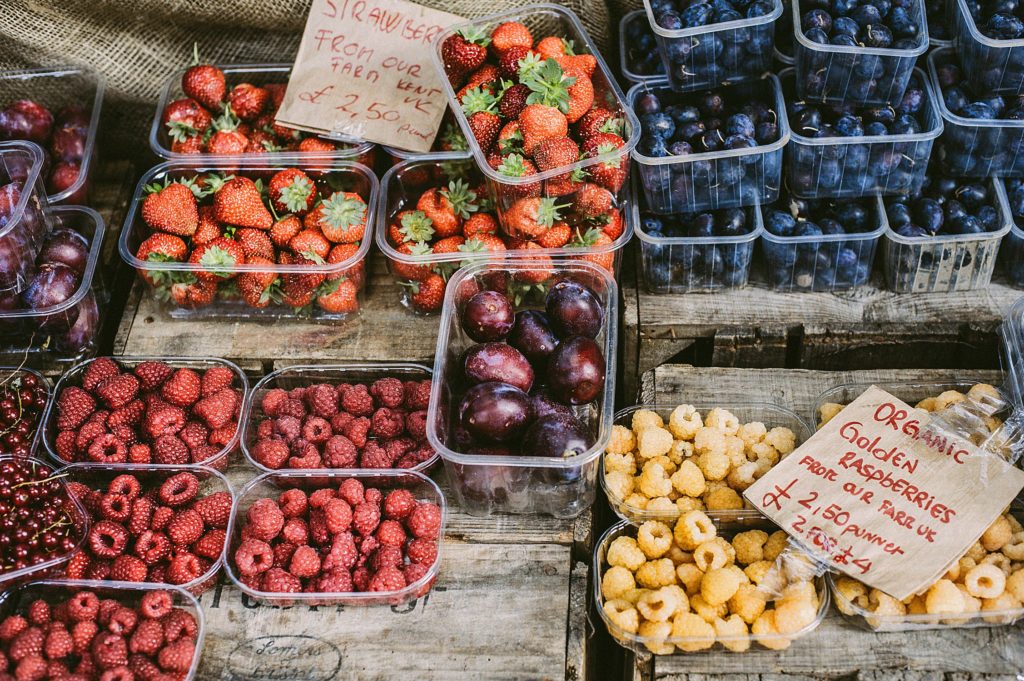Over the past fortnight, we’ve been listening to world leaders, powerful entrepreneurs and citizen activists encouraging society to wake up to the impact of climate change. While it can feel like a challenge too big to undertake in daily life, there are small changes we can all make to be part of the fight against global warming.
Here, we’ve outlined some of the ways to live sustainably at home by making eco-friendly choices or swaps. Let us know if you have any tips or tricks to living a more sustainable life.
- Save energy
The easiest and most obvious change to make is ensuring all lights and standby power items are turned off once you are finished using them. Not only will it help save you money on your electricity bills, but will also reduce the carbon emissions of your home.
Bonus points if you can adapt to using energy efficient lightbulbs, which will help reduce the number of non-renewable resources you introduce into your home. Chapelton housebuilder Places for People has a net-zero carbon strategy, which includes using new technologies such as heat storage solutions to achieve net zero carbon across their estates, as well as reducing energy.
- Meat-free Monday
While plant-based diets aren’t new, flexitarianism is on the rise. A great way to reduce your carbon footprint is to introduce one or two meals without any meat into your diet each week. When thinking about what you’re going to eat, try to take an environmentally approach to your menu at home.
For many, this has allowed the introduction of some new favourite family meals, and for others it welcomed a healthier lifestyle. Chapelton’s community can visit local greengrocers Clementine to buy fresh local produce all week.
- Grow your own
Since the beginning of the pandemic, many people have taken up gardening as a new hobby which is a great way to reduce carbon footprint. For some, this has included growing vegetables and herbs for their own consumption.
At Chapelton, the Cairnhill Community Allotments are available to green-fingered residents, and help the community become a more self-sufficient place. Find out how you can become part of the allotment association by visiting the website.

- Celebrate second-hand
When we buy a new home, we love to kit out our space with the most up to date technology, furnishings, you name it! Second hand and charity shops can be great places to find interesting and unique homeware and furniture that no one else will have.
This is a great place to start if you want to live more sustainably by giving a new lease of life to products that would otherwise end up in landfill for years to come. There are a number of charity shops near Chapelton that sell all sorts of homeware items. Second-hand shopping could be the perfect fit for first time buyers, who are looking for affordable but unique items.
Read more from Chapelton residents Chris & Hannah, who upcycled some vintage items for their home to make it truly their own.
- Switch to reusables
From Tupperware and metal straws to re-usable water bottles, there are countless ways to reduce the amount of plastic you use in your new home. The availability of multi-use and purpose items is larger than ever before, and the popularity is on the increase for good reason.
There are even some supermarkets beginning to introduce re-fill stations for items you might find in your pantry, like cereal and pasta. Taking your own Tupperware to the supermarket can really save on your overall plastic consumption and every step counts in helping you living more sustainably.
Are you on the lookout for a new home?
In Chapelton, we have a wide range of desirable homes, including two, three, four, five and six bedroom houses, all with excellent spaces to truly make your own. Join the Chapelton community.
View our new build homes in Aberdeenshire for sale or get in touch to find out more. Last, but not least if you need any tip on a guide to buying a home, have a sneak peek here.

